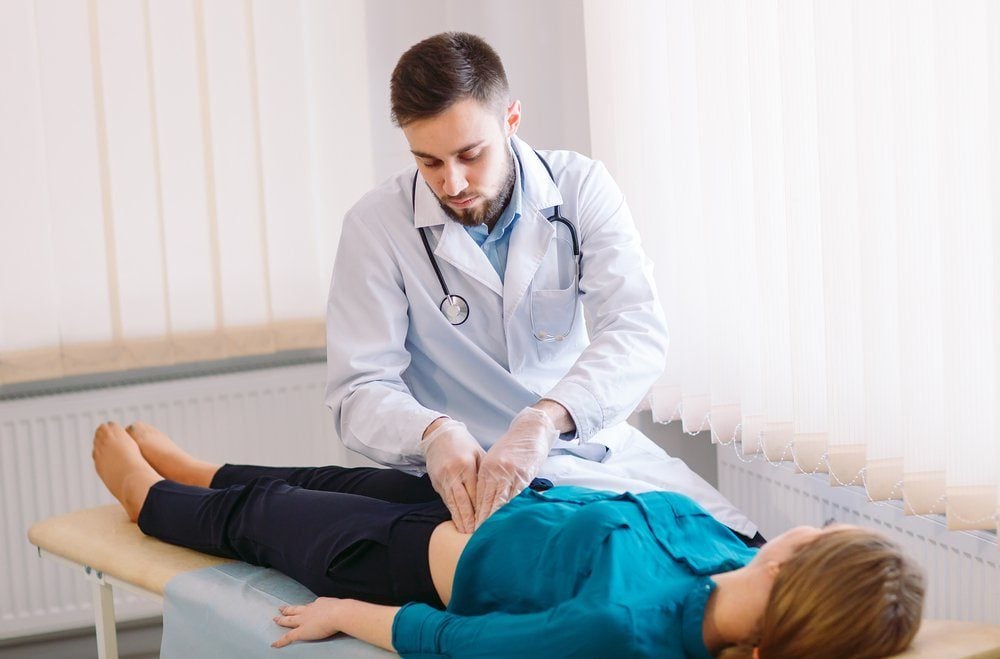Digestive disorders involve a wide array of conditions impacting the gastrointestinal tract, from common issues like irritable colon syndrome (IBS) plus acid reflux to more advanced diseases like as inflammatory colon disease (IBD) plus liver disorders. Because these conditions may significantly impact some sort of person’s quality of life, the help of gastroenterologists becomes crucial inside diagnosis, management, plus treatment. This post will get into the position of gastroenterologists in managing digestive ailments, focusing on their own local impact in addition to relevance in Ludhiana.
Understanding Digestive Problems
Digestive disorders can range from slight discomfort to deadly diseases. Some prevalent conditions include:
Gastroesophageal Reflux Disease (GERD): A chronic condition where gastric acid flows back into the esophagus, causing reflux symptoms and other signs and symptoms.
Irritable Bowel Syndrome (IBS): A new functional disorder characterized by abdominal soreness, bloating, and changed bowel habits without the identifiable structural abnormalities.
Inflammatory Bowel Condition (IBD): This involves conditions like Crohn’s disease and ulcerative colitis, where infection from the gastrointestinal area causes severe issues.
Hepatitis: Inflammation of the liver caused by viral attacks, alcohol use, or even autoimmune diseases.
Celiac Disease: An autoimmune disorder where the ingestion of gluten leads to damage within the small intestine.
Peptic Ulcers: Sores that develop about the lining of the stomach or tiny intestine due in order to the erosion triggered by stomach acid solution.
These disorders not necessarily only affect bodily health but may also lead in order to mental health issues, as the serious nature of signs and symptoms often results within anxiety and depression.
The Gastroenterologist’s Part
1. Diagnosis plus Evaluation
One associated with the primary jobs of gastroenterologists will be to accurately analyze digestive disorders. This specific process typically entails:
Patient History: Learning the patient’s symptoms, medical history, and family background helps create a new baseline for diagnosis.
Physical Examination: The thorough examination may well reveal physical signs of digestive disorders.
Analysis Tests: Gastroenterologists employ a variety of studies, including:
Endoscopy: A new procedure where a versatile tube using a digital camera is inserted into the digestive system to visualise abnormalities.
Colonoscopy: A particular type associated with endoscopy accustomed to examine the large intestine and rectum.
Visualize Studies: Techniques just like MRI, CT reads, and ultrasounds aid visualize the digestive system organs.
Laboratory Assessments: Blood tests, feces tests, and biopsies can provide more information about the patient’s condition.
2. Management and Treatment
As soon as a diagnosis is made, gastroenterologists formulate a thorough management plan focused on the individual’s wants. Treatment may contain:
Medications: Depending upon the condition, medications may include positiv geladenes nukleon pump inhibitors regarding GERD, anti-inflammatory medications for IBD, or antibiotics for infections.
Nutritional Guidance: Diet regime plays an essential role in managing many digestive conditions. Gastroenterologists often function with dietitians to provide dietary recommendations that could alleviate symptoms in addition to promote healing.
Life-style Modifications: Patients might be advised to adopt healthier lifestyles, these kinds of as increasing physical activity, managing tension, and avoiding induce foods.
Surgical Affluence: In cases exactly where conservative management falls flat or when presently there are structural malocclusions, surgical options may be considered. Gastroenterologists may work alongside surgeons to manage pre- and post-operative care.
3. Affected person Education and Support
Gastroenterologists also have fun a vital function in educating people about their conditions. This includes:
Knowing the Condition: Affected individuals are educated concerning their specific intestinal disorders, including potential complications and therapies.
Managing Expectations: Gastroenterologists provide guidance in what patients can easily expect during therapy, including possible part effects of medications or lifestyle modifications.
Support Groups: A lot of gastroenterologists facilitate or even recommend support organizations, where patients may connect with others dealing with similar challenges, boosting emotional support.
The Local Impact in Ludhiana
In Ludhiana, the prevalence involving digestive disorders decorative mirrors trends observed country wide. Factors for example diet regime, lifestyle, and hereditary predispositions contribute to the area incidence of those situations. Gastroenterologists in Ludhiana are essential on addressing these issues through their particular training and neighborhood knowledge of the population’s health needs.
one. Access to Specialized Treatment
Ludhiana is house to various clinics and clinics focusing on gastroenterology, making that easier for people to access specialized care. These facilities often offer innovative diagnostic and treatments, including minimally intrusive procedures that boost patient recovery occasions and reduce medical center stays.
2. Neighborhood Outreach and Attention Programs
Local gastroenterologists often engage inside community outreach projects aimed at increasing awareness about digestive health. news may include:
Health Camps: Totally free screening and services help identify undiscovered digestive disorders in the community.
Educational Workshops: Gastroenterologists conduct workshops about topics such because healthy eating, handling stress, and knowing symptoms that cause medical attention.
Collaboration along with General Practitioners: By simply working closely together with general practitioners, gastroenterologists can ensure a comprehensive approach to individual care, leading in order to better health results.
3. Research and even Development
Some gastroenterologists in Ludhiana are involved in research activities targeted at understanding local tendencies in digestive issues better. This study can lead to be able to the development associated with targeted treatment protocols that consider the specific dietary and lifestyle factors prevalent in the place.
Summary
Gastroenterologists have fun a pivotal function in managing digestion disorders, offering competence in diagnosis, treatment, and patient education. In Ludhiana, their very own contributions are particularly significant given typically the rising prevalence involving these conditions. By providing specialized care, performing community outreach, and contributing to analysis, gastroenterologists not only improve individual patient outcomes but additionally improve the overall well being with the community.
Because our digestive health continues to be able to gain attention, the role of gastroenterologists will remain important in navigating the complexities of these types of disorders and in favor of for healthier life styles among the list of population. Regarding residents of Ludhiana, usage of such particular care and support can be a vital reference in managing digestive system health effectively.
Typically the Role of Gastroenterologists in Managing Digestive Disorders: A Regional Perspective
11
Oct
